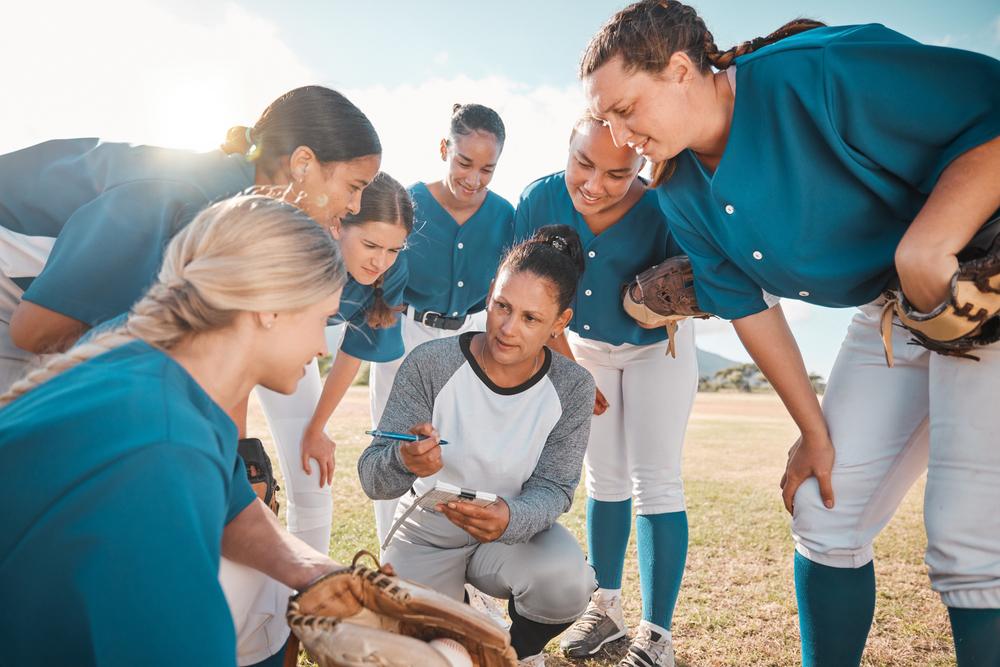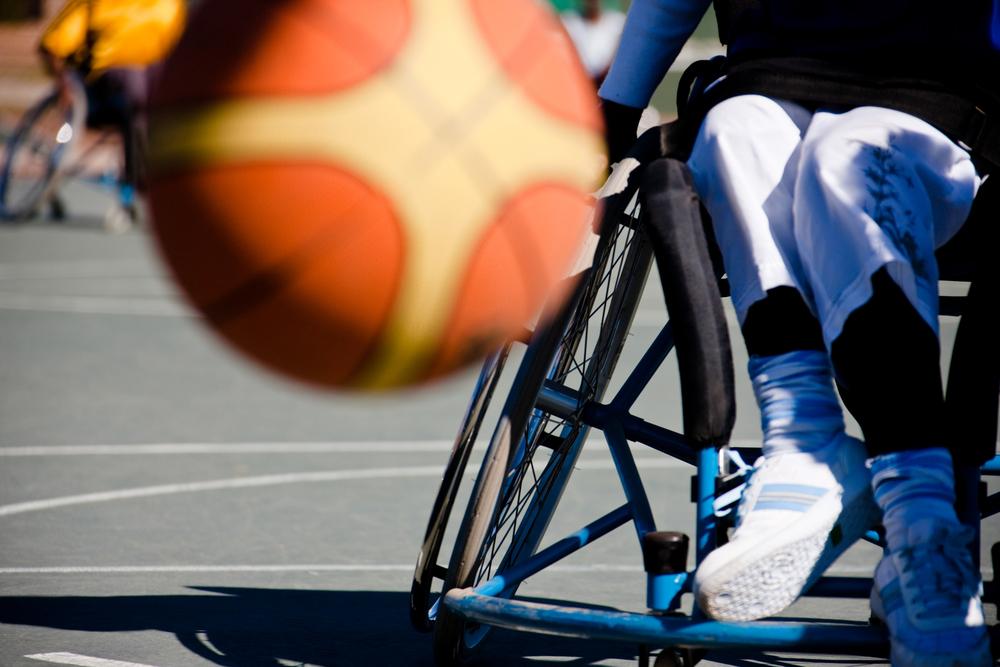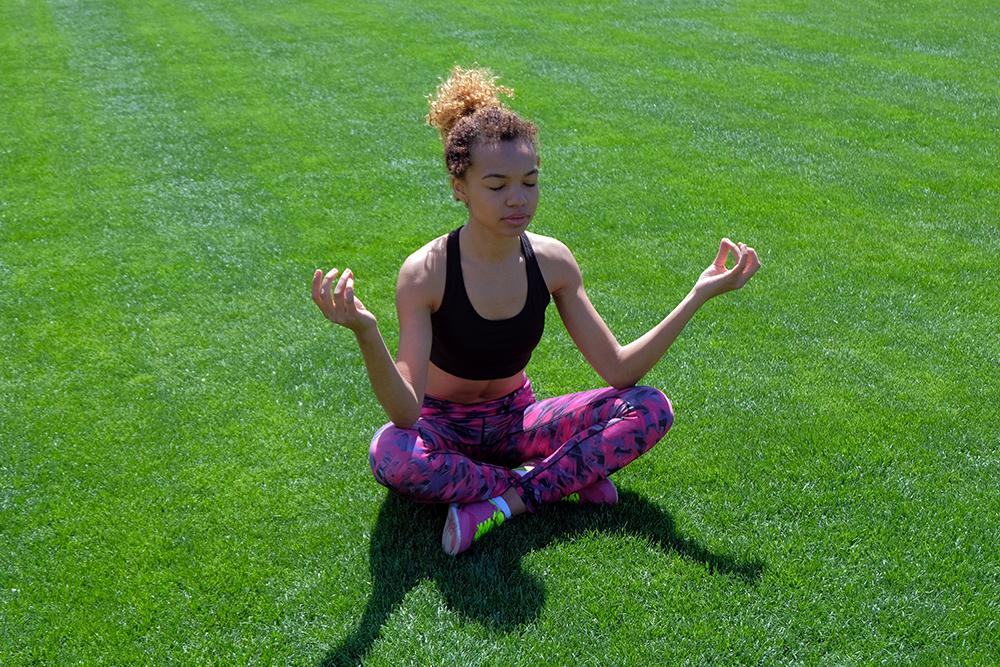When it comes to keeping athletes healthy and motivated, boundaries are essential and you can help athletes create boundaries for...
TEACH Mental Wellness
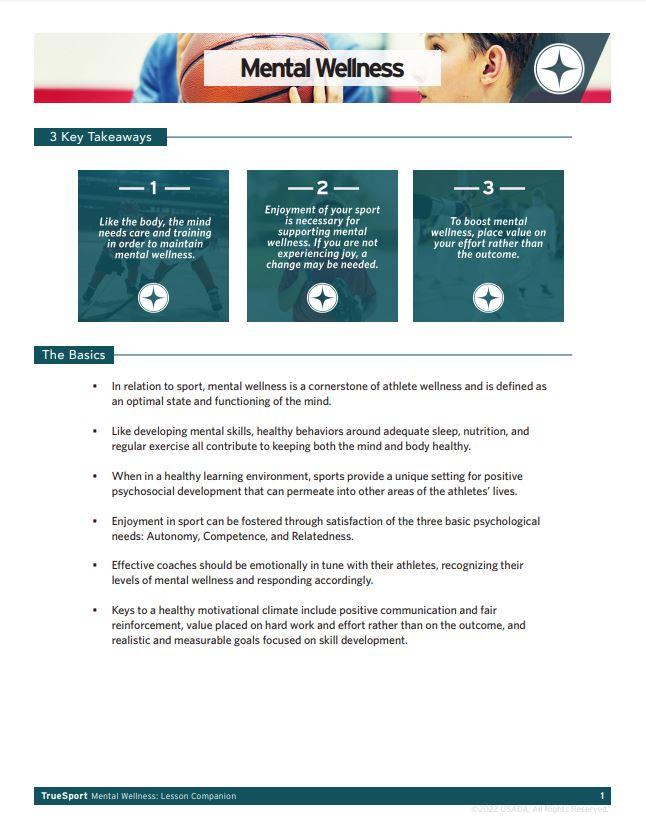
Simple Lesson
In relation to sport, mental wellness is a cornerstone of athlete wellness and is defined as an optimal state and functioning of the mind.
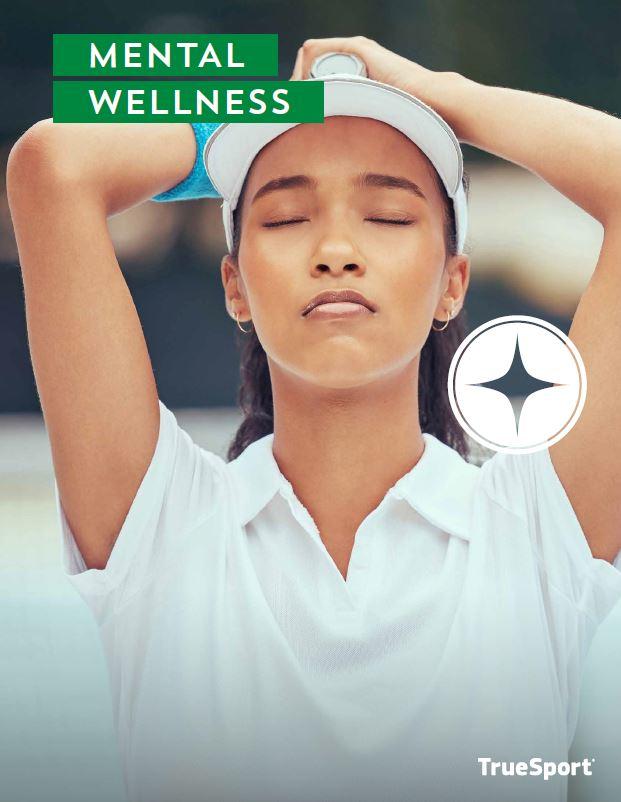
Premium Version Starts at just $5
Like the body, the mind needs care and training in order to maintain mental wellness.
LEARN more about Mental Wellness
Loading...
TrueSport Expert, Dr. Melissa Streno, shares what mental recovery looks like, and how you can find the right balance on...
Why establishing an identity outside of sport is important and some common mistakes caregivers make around athletic identity for their...
Mental Wellness videos
Additional Resources
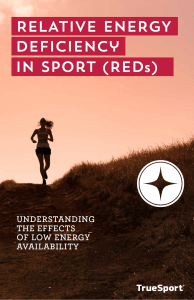
View the Relative Energy Deficiency in Sport (REDs) Guide
Click here to view additional resources from our TrueSport Talks Mental Wellness Symposiums.
Loading...
More conversations are happening about the importance of mental wellness for student-athletes, and mental health is increasingly talked about in...
TrueSport Expert Kevin Chapman, a licensed clinical psychologist and founder of the Kentucky Center for Anxiety and Related Disorders, recommends...
